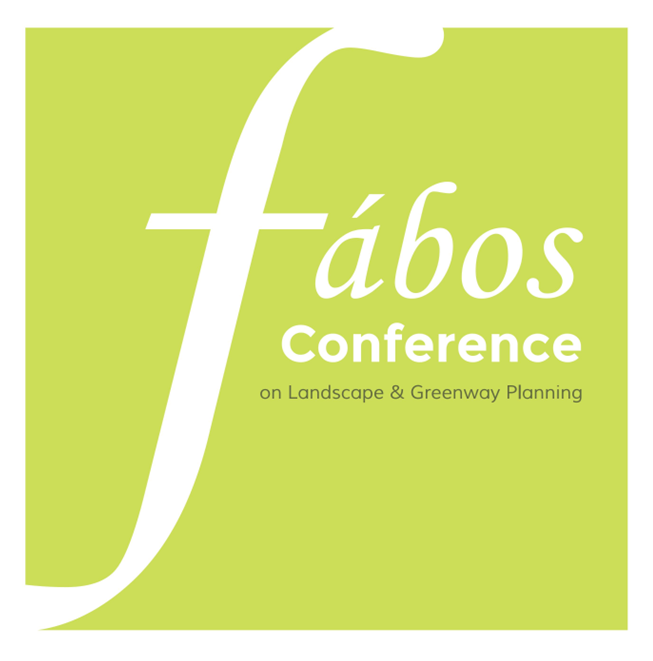Exploring Preferences for Urban Greening in Association with Learning About Sustainability in a Museum-based Urban Ecology Exhibit
- Jane A Buxton (University of Massachusetts, Amherst, Department of Landscape Architecture and Regional Planning)
- Robert L Ryan (University of Massachusetts, Amherst, Department of Landscape Architecture and Regional Planning)
Abstract
Sustainable urban design and planning is grounded in understanding complex interconnecting relationships between human and ecological processes (Alberti & Marzluff, 2004). While compulsory education may provide an introduction to this subject, supplementary means are necessary in order to support citizen knowledge, interest and understanding of these complex relationships. Informal learning settings, such as museums, create opportunities for lifelong learning (Falk and Dierking, 2010) and can introduce, incorporate and link urban sustainability issues to provide an accessible and engaging introduction to the subject. Sustainable responses to urban development point to the need for higher density neighbourhoods coupled with extensive urban tree canopy (Alberti & Marzluff, 2004). However, more research is needed to ascertain if these urban forms match the preferred settings of urban residents. A family science museum provides a unique setting to explore urban greening in residential settings and provides museum visitors with the opportunity to participate in social-science research.
Keywords: urban greening, preferences, urban ecology, museum, learning
How to Cite:
Buxton, J. A. & Ryan, R. L., (2016) “Exploring Preferences for Urban Greening in Association with Learning About Sustainability in a Museum-based Urban Ecology Exhibit”, Fábos Conference on Landscape and Greenway Planning 5(2). doi: https://doi.org/10.7275/fabos.673
Downloads:
Download PDF
347 Views
142 Downloads
